The goalposts for Pokémon distributions keep moving faster and fans can't keep up
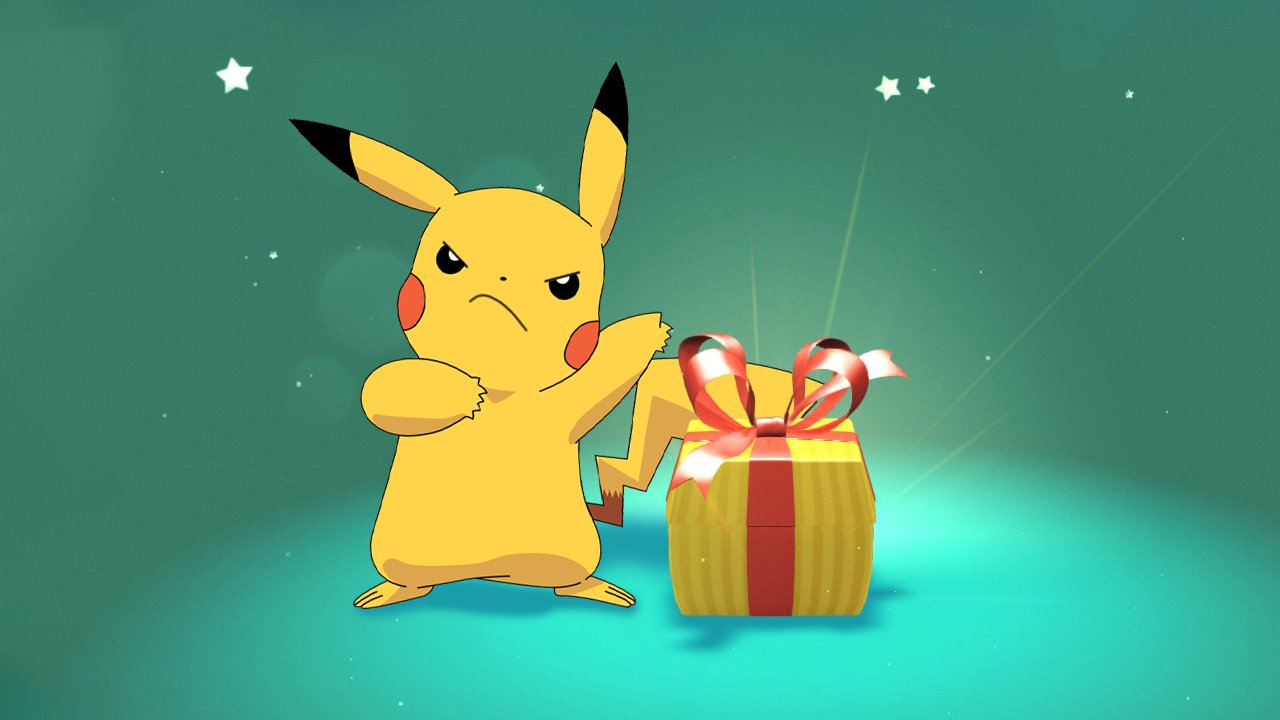
iMore offers spot-on advice and guidance from our team of experts, with decades of Apple device experience to lean on. Learn more with iMore!
You are now subscribed
Your newsletter sign-up was successful
From the beginning, Pokémon games have been about trading and collecting monsters that fit in your pocket. The games built up a fervent community surrounding them ever since the days of Red and Blue on the Game Boy, and Pokémon has continued to persist within the public consciousness ever since. Game Freak and Nintendo have continued to keep the conversation alive through competitions and distributions of unique Pokémon that you can't get anywhere else, from Pokémon that call back to those appearing in the anime to Legendary and Mythical Pokémon unavailable by any other means.
The methods by which these Pokémon were distributed have differed over the years, and unfortunately, not all of them were accessible to many fans. Of course, Game Freak couldn't be expected to distribute Pokémon to every single fan around the world back when the internet was in its infancy, but online gaming has given rise to more opportunities for fans outside of the U.S., Europe, and Japan to access Mythical and Legendary Pokémon. However, while the distributions did get better for a time, they have since returned to a state that makes things inaccessible.
Evolving through the ages
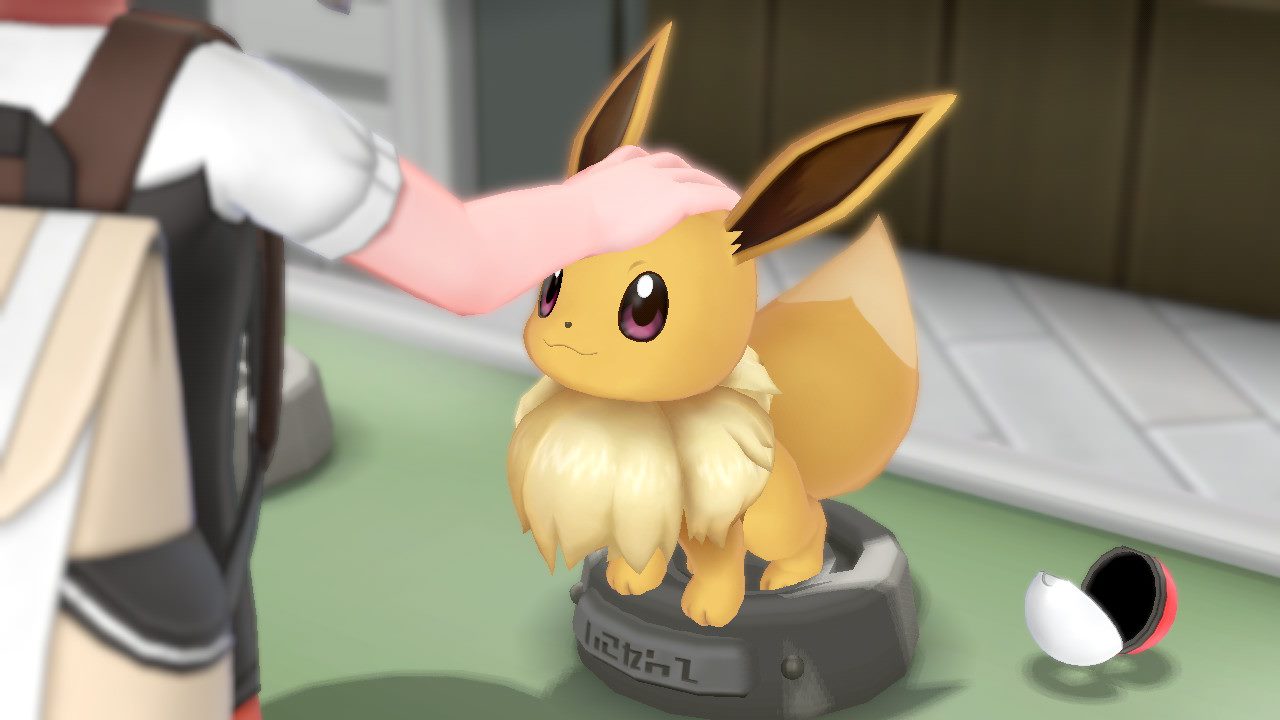
Game Freak has distributed hundreds of Pokémon since the beginning, including shiny Pokémon that can be hard to find through natural means. For the purposes of this article, I'll be talking about the distribution of Legendary and Mythical Pokémon in the U.S. that were unavailable through regular play.
Distributions of normal Pokémon began in 2003 with Pokémon Ruby and Sapphire through the Pokémon Center in New York City, now known as the Nintendo World Store. In-person distributions have continued since then, offering unique Pokémon at various gaming landmarks, conventions, and competitions. These were either Pokémon that can be obtained through normal gameplay or items needed to unlock events that let players catch Pokémon like Ho-Oh, Lugia, and Deoxys. These events were the only way to obtain those Pokémon in the Generation III titles, as Generation II Pokémon were barred from being transferred upward. For many players and late adopters of the games, it meant being unable to complete their Pokédex without cheating.
Pokémon fans like me who lived in regions like the Caribbean, where games were not easily accessible, were also barred off from these kinds of events. It's unfortunate, but even today, major game companies act as though they only have fans in North America, Europe, Japan, and Oceania. Players in Central and South America, Africa, and parts of Western Asia aren't considered, and it took being excluded from region-specific events for me to realize just how arbitrary these restrictions are. Every player deserves to get all the content of the games they've paid for, now matter where they are in the world.
Worse still were the Mythical and Legendary Pokémon distributions that required players to own a second paid game, like the Pokémon Ranger games that granted access to Manaphy, Darkrai, and Deoxys, or Pokémon Ranch that let players obtain Mew and Manaphy. Locking access to all content behind another paid game doesn't sit well with me at all, and although modern versions of distributions of special Pokémon via a secondary game include free titles like Pokémon GO, Pokémon HOME and Pokémon Bank, it raises the question of why the content couldn't just be included in the original game.
V for Victory (and Victini!)
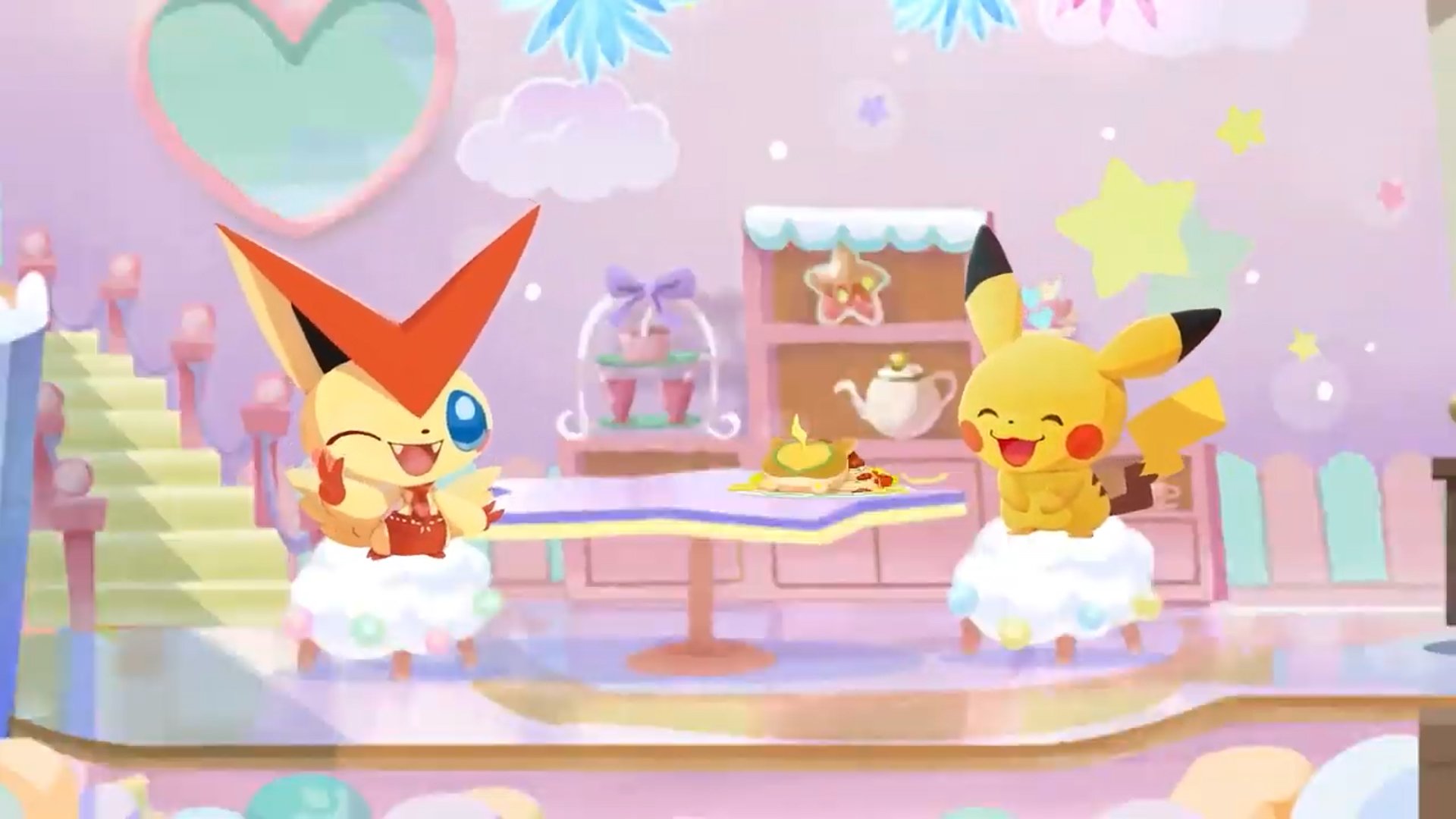
Nintendo eventually accepted that the internet does, indeed, exist and implemented the Nintendo Wi-Fi connection first on the Nintendo DS. Wi-Fi distribution events began to take place, and while some still required external games like the aforementioned Pokémon Ranger titles, other distributions required nothing but players to have an internet connection during the distribution period. This was many players' chance to obtain elusive Pokémon like Mew, myself included.
iMore offers spot-on advice and guidance from our team of experts, with decades of Apple device experience to lean on. Learn more with iMore!
For a brief time, Pokémon distributions got even better, difficult as it can be to believe today.
With the introduction of Hidden Abilities (HA) in Generation V, players could send HA Pokémon to their games via the now-retired Global Link website. It facilitated a sense of global community, even leading to the global distribution of Arceus after it won a popularity quiz hosted on Global Link. I was especially happy about the mighty Pokégod being available to me, as it was previously only available through in-person distributions at Toys 'R' Us stores and movie theaters.
For a brief time, distributions in Pokémon games got even better. Certain events for unique or difficult-to-obtain Pokémon were introduced without end dates, meaning that people could access special Pokémon no matter when they started playing. These events are the most accessible, since they don't require any additional games to play through, only an internet connection (and, of course, friends to Streetpass with).
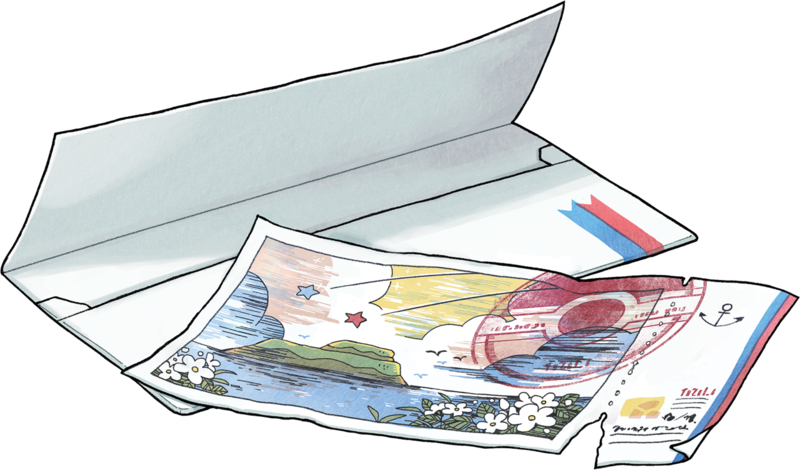
The Eon Ticket in Pokémon Omega Ruby and Alpha Sapphire that was distributed through Streetpass made it so you only needed to pass by someone else who had the ticket already. When scanning a QR code in Pokémon Sun and Moon, players could get the Mythical Pokémon Magearna, along with special free demos for Omega Ruby/Alpha Sapphire and Sun/Moon that let players transfer a Shiny Beldum and Ash Greninja, respectively, to full versions of the game. Unfortunately, with the Nintendo 3DS eShop closing in 2023, these Pokémon will only be officially available to those who download these demos before the eShop's closure.
Serial Code distributions also made their way to the public around this time, where players could obtain items and special Pokémon by entering a code while connected to the internet. Many of these codes were locked behind in-person visits to stores like GameStop, but some were thankfully distributed via the internet, meaning players could get special Pikachus wearing hats, Genesects, and Hoopas.
Back to this Garbodor?
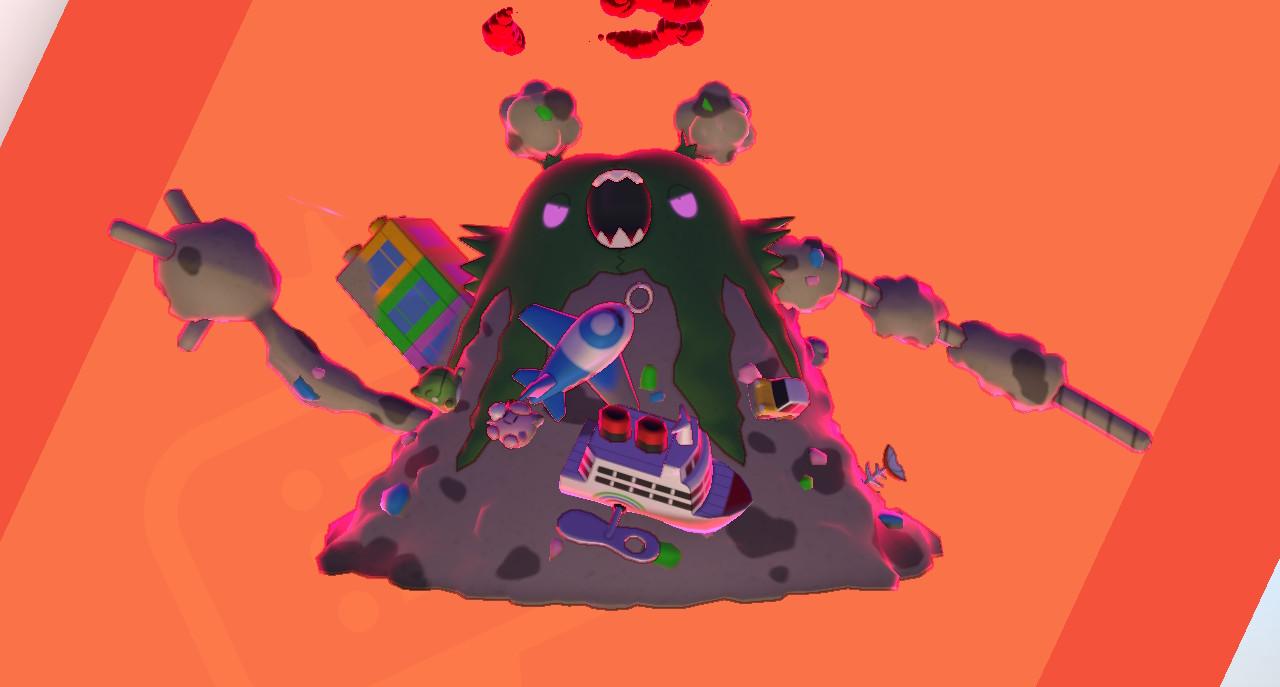
Unfortunately, distributions ended up getting worse from Generation V onwards. In almost every game since Pokémon Black and White, Game Freak has offered a special Pokémon to anybody who pre-ordered the games or purchased the game within a set period of time after launch. These Pokémon included Victini in Black/White, a special Torchic with a Mega Stone in X/Y, Gigantamax Meowth in Sword/Shield, and Manaphy in Pokémon Brilliant Diamond and Shining Pearl.
These distributions incentivised Fear of Missing Out (FOMO) in consumers, and it's entirely possible that some may have bought games they weren't ready to buy simply because they could never predict when those Pokémon would be distributed in the future, if at all. While every company would love to sell its products to as many people as possible, manipulating people's desires to not be left behind is an anti-consumer way of doing so.
Manipualting people's desires to not be left behind is anti-consumer behaviour.
When the Nintendo Switch released, things got even worse. Mythical and Legendary Pokémon were locked behind the stipulation that the player have save data for other Pokémon games on their system. This started with Pokémon Sword and Shield, where players were awarded an otherwise difficult-to-obtain Gigantamax Pikachu and Eevee if they had save data from Pokémon: Let's Go, Pikachu! and Let's Go, Eevee!. It continued with requiring Sword/Shield and Let's Go save data to obtain Mew and Jirachi in Brilliant Diamond/Shining Pearl, as well as needing Sword/Shield and Brilliant Diamond/Shining Pearl save data to obtain Darkrai and Shaymin in Pokémon Legends: Arceus.
While these requirements can be circumvented by borrowing games from friends or buying and re-selling games, it's still entirely unnecessary that players should have to do this in the first place. Added to this is that it's unlikely Game Freak will release these Pokémon by any other means. Even if players did obtain these Mythical or Legendary Pokémon in past games, Pokémon HOME still isn't supported for games like Brilliant Diamond/Shining Pearl or Pokémon Legends: Arceus, nor is there any telling when Pokémon HOME support will be patched in.
The whole point of Pokémon games is to "Catch 'em all," but some are arbitrarily forced to have incomplete Pokédexes. While others may argue that these distributions reward players who have been fans of the series, is a fanbase really cared for if they're asked to buy every single game (that they may not want) in order to obtain content in games they did buy, and do want?
You want me to what?!
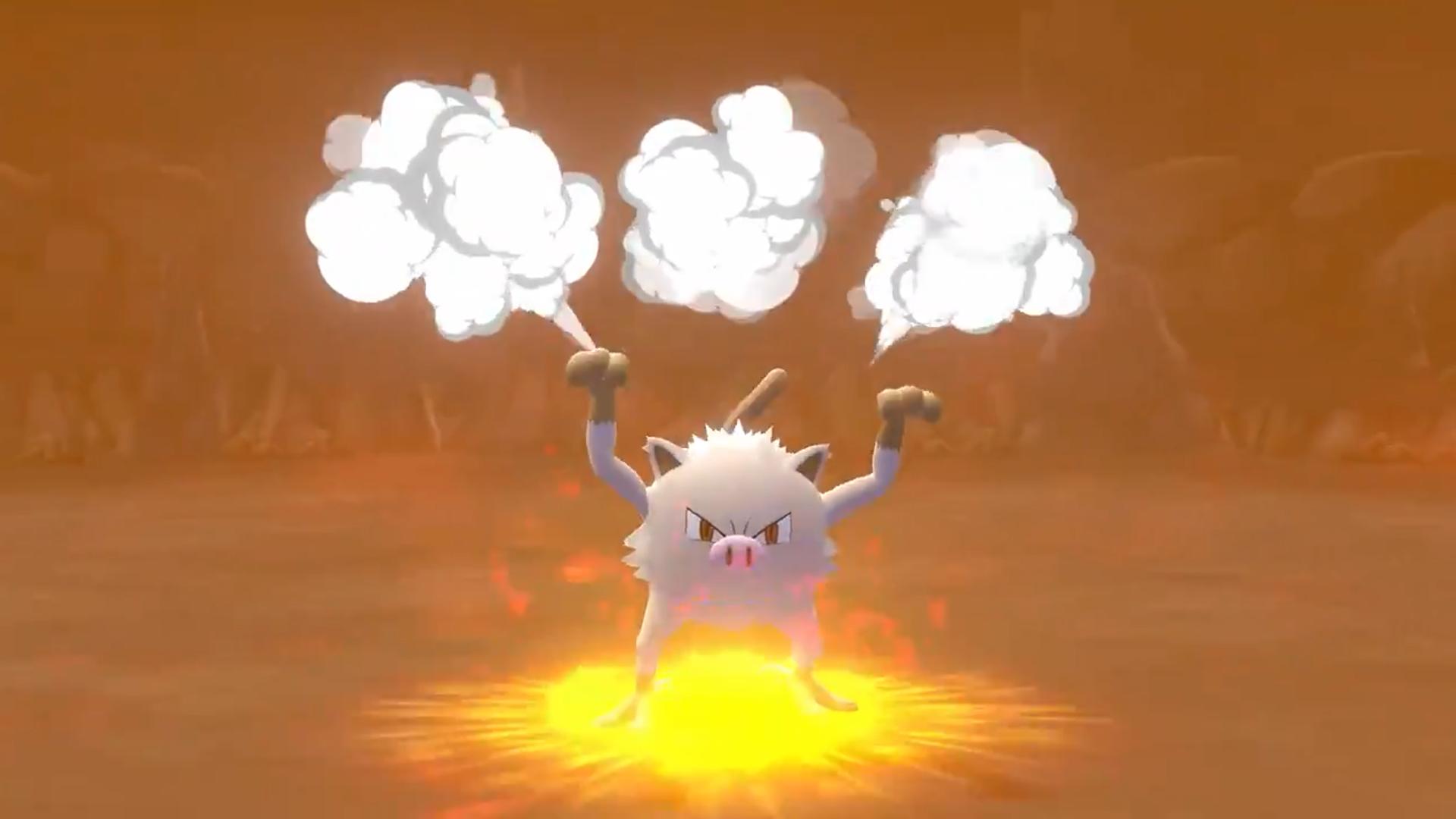
Pokémon HeartGold is my favorite Pokémon game, but it's home to one of the most annoying Legendary quests ever. In order to catch a Rayquaza in HeartGold/SoulSilver, you need to bring the Jade Orb to the Embedded Tower on Route 47. Getting the Jade Orb requires you to bring both a Kyogre and a Groudon to Professr Oak.
The catch? This Kyogre and Groudon need to be caught in HeartGold/SoulSilver, so you won't be able to use the ones you've caught in Generation III. This means you either have to trade with a friend, or play through both games until you get the National Dex and start your journey in Kanto. I've spoken previously about why Pokémon doesn't need to have two versions anymore specifically because of events like this.
I thought this was irritating, but figured it would be a one-off issue. I was wrong. The only way to obtain an Arceus in-game in the more recent Pokémon Brilliant Diamond and Shining Pearl is to not only have save data for Pokémon Legends: Arceus, but have save data in which all the game's main missions have been completed. You don't even have the option to trade games with friends this time around, as save data is not saved on the cartridge like Nintendo DS games but on the system itself.
As previously stated, Pokémon HOME support is still missing, so this content that is integral to the story of Sinnoh is arbitrarily locked behind the completion of another full-price, $60 game. It makes the Generation IV remakes seem like even more of a cash grab than they already do. The playstyles of both games are also so drastically different that someone who experiences nostalgia for Diamond/Pearl may not even enjoy playing through Legends: Arceus. This, plus the subpar presentation and lack of quality-of-life features in Brilliant Diamond/Shining Pearl, has really soured my opinion of the games. It's a trend that I hope doesn't continue, though I'm not entirely hopeful.
Take me back to the good ol' days
Every Pokémon fan should have the opportunity to complete their Pokédex, no matter where they are in the world. In-person distributions of readily obtainable Pokémon are alright in my book, as they're not necessary for completion and commemorate a memorable event for players who attend. Requiring players to purchase and complete two full-price games that never depreciate also needs to remain in the past. I personally know what it's like to live in a region where both Mythical Pokémon and video games in general were inaccessible to me, and it's disheartening. If you care about your fans, making them buy, play, and complete your games in order to complete your other games just isn't the way to go about it.
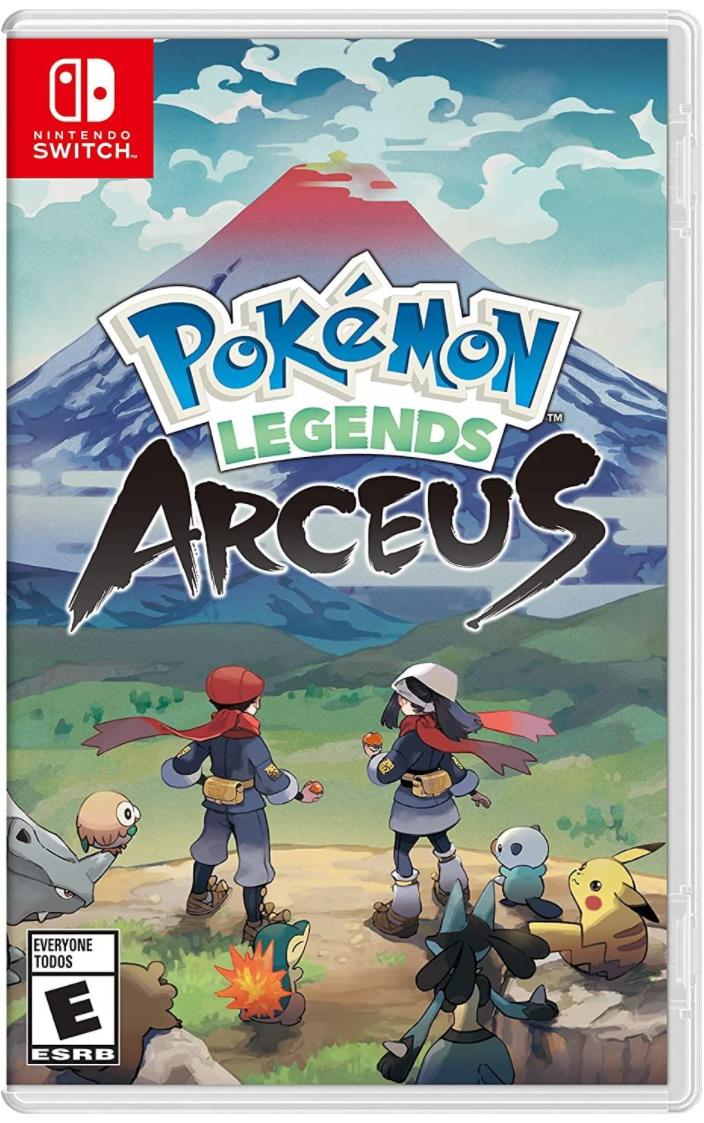
Create the very first Pokédex
Choose from a medley of starters: Cyndaquil, Rowlet, or Oshawatt, and embark on a journey through feudal Sinnoh ad you strive to create the very first Pokédex. This open-world adventure is a whole new take on the Pokémon formula, with new mechanics and mysteries to uncover.
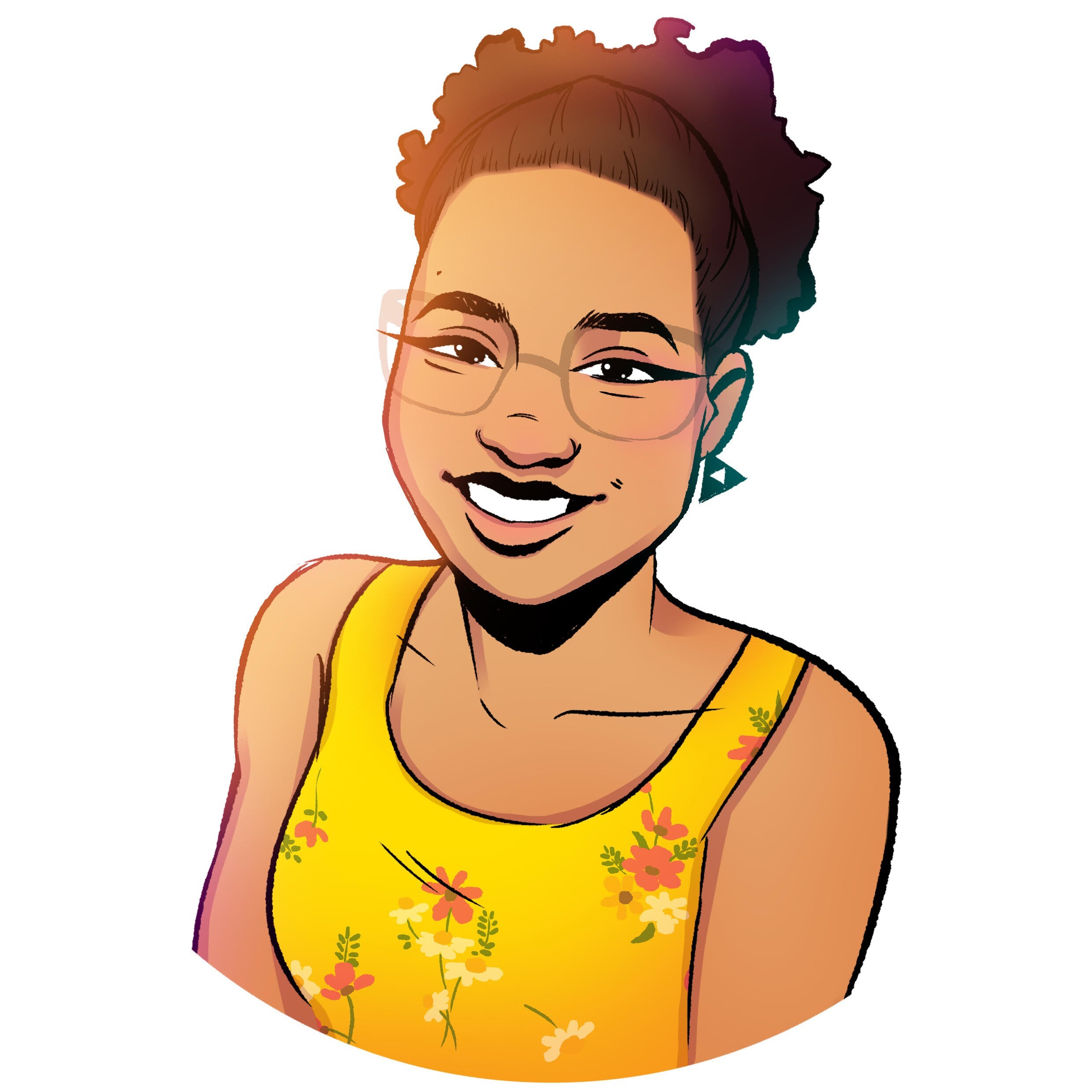
Nadine is a freelance writer for iMore with a specialty in all things Nintendo, often working on news, guides, reviews, and editorials. She's been a huge Nintendo fan ever since she got to pet her very own Nintendog, and enjoys looking at Nintendo's place in the video game industry. Writing is her passion, but she mostly does it so that she can pay off her ever-growing debt to Tom Nook. Her favorite genres are simulation games, rhythm games, visual novels, and platformers. You can find her at @stopthenadness on Twitter, where she'll more than likely be reposting cute Animal Crossing content.
